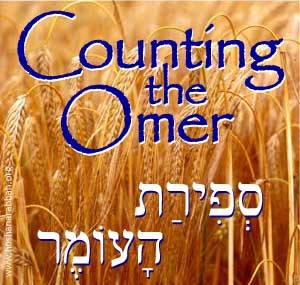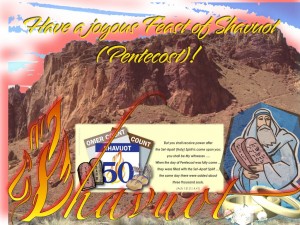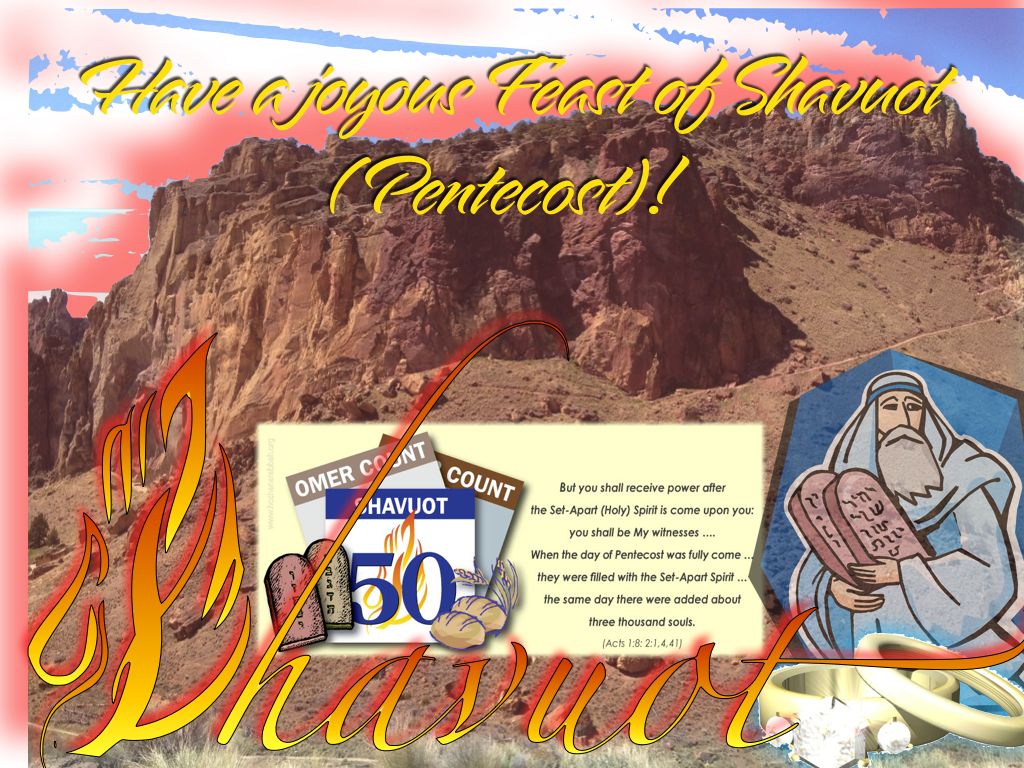I got this question emailed to me this morning:
My name is Lisa B— and I have a question for you as I have been “kerfuddled” if you will by the omer count this year. I understand from your website that you’re sighted moon? I really, really thought we would NOT start the Omer count for a week, due to ULB beginning Saturday eve to Sunday eve, but both you, and the Karaites (the other sighted group I know of) started ON ULB. Please, how is that possible? Can you explain?
Joshua 5:11, And they ate. As the manna ceased, the Israelites ate the fresh barley grain that had already been growing in the land. In Leviticus 23:14, the Israelites were forbidden to eat of the new barley crop of the land of Israel until the day of the omer offering (or wave sheaf day). This year, the omer offering occurred on the next day after the Passover (Nisan/Abib 14), which was Nisan/Abib 15, or the first day of the Feast of Unleavnened Bread. Because the omer offering was to be brought on the morrow or day after the (weekly, see notes at Lev 23:16) Sabbath (Lev 23:11), this means that the Israelite’s first Passover in the land of Israel occurred on a weekly Sabbath, and wave sheaf day occurred on Sunday. This verse also shows us that the morrow after the Sabbath (i.e., wave sheaf day) occurred during the Feast of Unleavened Bread — not before or after it. This should be taken into consideration when determining which weekly Sabbath at the time of Feast of Unleavened Bread should be used to determine wave sheaf day and, hence, the beginning the omer count. This passage indicates the wave sheaf day, not the weekly Sabbath, has to fall within the Feast of Unleavened Bread.






